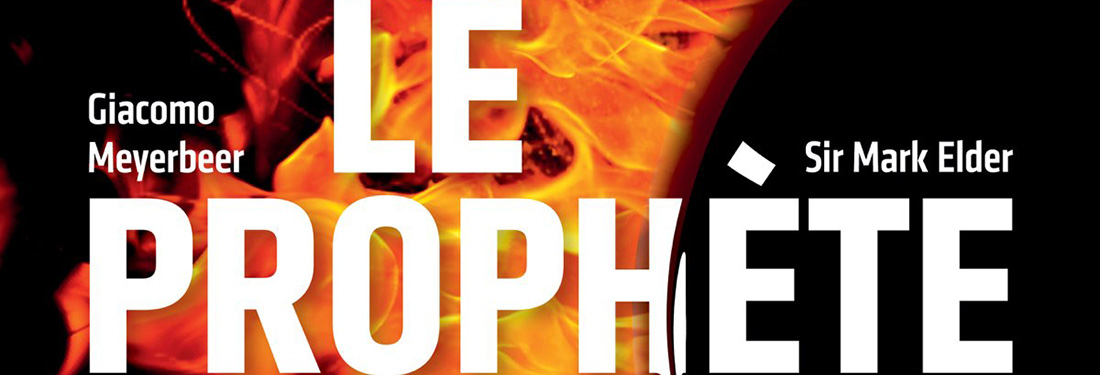
Decca 1957 – Cerquetti, SIMIONATO, DEL MONACO, BASTIANINI, SIEPI; Gavezzeni – Studio
That’s quite a lineup except for one thing: it’s the only Gioconda recording that the crucial weakness is in the title character. Anita Cerquetti had made quite a name for herself in Italy during the mid-50s especially when she replaced Callas in Norma following “The Rome Walkout.” Cerquetti had a huge, dark, spinto soprano fully up to the demands of the role. She had sung the big Verdi soprano roles and built quite a reputation, therefore it was logical that Decca would want her after Tebaldi gave an emphatic NO. There’s a recording of a live performance of Gioconda in which Cerquetti’s large and formidable voice give ample evidence for justification for Decca hiring her. Unfortunately, she could not produce for the microphone what she could for a live audience and her recording is very unimaginative and monochromatic. That’s a word that usually applies to Mario del Monaco. It’s not just what Sutherland referred to as “simply too noisy,” but his recorded performances are generally all on one level.
Here he is a totally different performer, surprisingly sensitive, much like he is when he performed Forza and Ernani (also with Cerquetti) under Mitropoulos. He even manages an effective diminuendo on “Buona notte” just before the “Cielo,” almost outdoing his rival Corelli’s famous diminuendi. Too bad these signs of artistry never showed up in his other recordings. Giulietta Simionato is indisputably the greatest mezzo to ever sing Laura. Even so, in the studio, she was never able to be as urgently dramatic as she could be on the stage.
I am somewhat surprised to write this: Ettore Bastianini is the best Barnaba on record. What I don’t understand is how he can be so evil with such an incredibly beautiful voice here and then not be able to bring off an equivalent Iago for the Del Monaco/Tebaldi/Karajan Otello set, so much so that he was replaced. Cesare Siepi with his rich sound, continues to be the best Alvise. I did not care much for Gavezzeni’s conducting and when I saw that he is anywhere from 6 minutes to 20 minutes faster than any of the other recordings explains why. All that being said, this is the kind of Italian singing that captures what a typical night in an opera house could be like in Italy in the mid-fifties. Cerquetti only made one other commercial disc, the other being an aria recital, before she retired from nervous exhaustion at the age of 30.
3-31-62 MET – Cleva; FARRELL, Rankin, Dunn, CORELLI, MERRILL, Tozzi – Live
This is one of my favorite performances of La Gioconda. The moment Eileen Farrell starts to sing, one is immediately struck by the warmth of her voice. She is totally unlike any of the three “First Ladies,” but at this point, she has more voice and in better shape than any of them. There is clearly a lack of italianità, only a subtle amount of histrionics, and absolutely no chest voice. She was on record as saying her voice was of a whole and there was no break in the registers. This almost makes for a somewhat anonymous presence in the final act, yet the very final scene with Barnaba and all the so-called coloratura is better and more convincing than any of her counterparts’. She is one of my favorite singers and she gives a magnificent vocal performance, especially as she had to perform alongside the ideal Enzo of Franco Corelli. Corelli’s style, voice, and certainly looks are made for this opera. Fortunately, on this afternoon, he is in particularly gratifying form. To quote Jackson, his “’Cielo e mar’ is as grand as the natural wonders which Enzo addresses.” Quite simply, there is no better Enzo. Farrell and Corelli are in excellent company. Robert Merrill maintains his sinister and excellent Barnaba from the year before and unlike the tepid performance he gives on the ’67 Decca recording. Rankin, Dunn, and Tozzi give their familiar and superb portrayals. Highly recommended.
1967 San Francisco – Patané; Gencer, Bumbry, Forrester, Cioni, Ludgin, Monk – Live
The Queen of the Pirates, Leyla Gencer, was a phenomenon that I never quite got. But as she has several versions of her famous Gioconda, I felt I owed it to her. I chose this one because I was most interested in hearing the two mezzos. I felt Gencer has a good voice but nothing special, though lots of temperament. She’s a good Gioconda. Bumbry seems to disappear here, surprising as she was one of the great mezzos (and a so-so soprano) … she probably just wanted to do the lead role (which she did at the Met five times 13 years later). Maureen Forrester, one of the few true contraltos, likewise, made no impression. Disappointing. As for Renato Cioni, he was a typical on-call Italian tenor of the day – especially when one couldn’t get Del Monaco or Corelli. He was the obscure tenor in the Callas/Zeffirelli/Covent Garden Act II video as well as the tenor on Sutherland’s first Lucia recording and the Enzo to Tebaldi’s return to Italy. The best I can say for him is that he makes the music exciting, though more so in the Naples performance.
As noted in one of the comments, La Cieca herself hosted a recording of a 1971 Venice performance (Act I, Act II, Act III, Act IV) – undoubtedly better than the above San Francisco performance.
1975 Deutsche Oper, Berlin – Patané; Rysanek, Ranová, Little, Tagliavini, Paskalis, Lagger – Live
I really, really hate to write this, but this is atrocious! I’m a huge fan of Leonie Rysanek – well, maybe not as huge a fan as the guy whose party I went to many, many years ago in Brooklyn who had candles burning in front of her picture – but still I’m a big fan. She is one of my favorites. But this is simply not acceptable singing. It’s strange I like her so much because she shares many of the same faults as Zinka – scooping, indeterminate pitch, blowsy tone – but I guess the difference is that Zinka was a Stimmdiva and Leonie was the ultimate Kunstdiva. In spite of that, no one’s high notes could soar like Leonie’s. And soar they do here, but the rest of the voice – mid-range and definitely chest – just doesn’t synch. This is really atrocious singing. Only other voice here of interest is Kostas Paskalis – he’s terrific – best final scene ever! Otherwise: NOT RECOMMENDED.
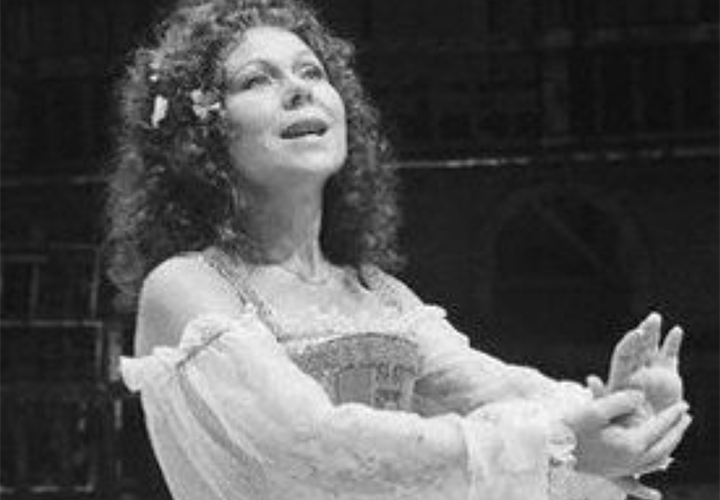
Scotto (not as innocent as she looks)
1979 San Francisco – Bartoletti; SCOTTO, TOCZYSKA, Lilova, PAVAROTTI, Mittlemann, FURLANETTO – Video
Met 1-5-80 Scotto, Nave, Taillon, Mauro, Quirico, Giaiotti; Patané – Live
The San Francisco performance is legendary! And for all the wrong reasons. This is the occasion when the irreparable rift between long-time friends and singing partners L’il R and Big P occurred. The background goes something like: Pavarotti was the big star in S.F. and was acting like it. He took an unplanned solo bow after one of the acts and Scotto got back to her dressing room and sulked … unluckily (for her) the cameras were still rolling, particularly when she called him a “merda.” Unfortunate, because this was shortly after Scotto had made disparaging remarks about Callas. Twice in a short amount of time had she badmouthed the most idolized diva and divo of recent times and her legion of non-fans never forgave her. Here’s irony: the television film of this performance (onstage and off) won Scotto an Emmy!
Nevertheless, the performance could stand on its own. Typically, Renata Scotto interpretations were dramatically vivid if mannered in their execution while undernourished vocally; the voice was a couple of sizes too small for a role and the vocal demands exceeded her resources. Intended by nature to be a lyric soprano, she stylized a grand manner all her own and more-or-less built up the voice to match. Later that season, Scotto sang the role at the Met. I only heard it recently and she was far, far better than I would have expected. Along with Big Renata, they were the ones who could bring true Italianità to the part. Again, Ethan Mordden: “Why, of all her roles, was Renata Scotto most like – no, not Norma, not Helene, not Musetta, but Gioconda?: a singer, better yet a resourceful and ubiquitous singer, best of all a singer whose great love (Enzo: opera [i.e., the audience]) is ungrateful.”
Luciano Pavarotti was in very confident voice and in a role that benefitted from his extroverted style. And “Cielo e mar” gave him ample opportunity to display his famous voice. Stefania Toczyska showed up a lot in the big mezzo roles during this time and she always displayed a vibrant, thrilling personality and voice. Ferruccio Furlanetto was not particularly famous at the time but clearly he was on the way to stardom for good reason.
1980 Decca – Bartoletti; CABALLÉ, BALTSA, Hodgson, PAVAROTTI, MILNES, GHIAUROV – Studio
One might think that with such a starry line-up as this, that this 4th version from Decca (the Milanov RCA rights reverted to Decca at some point) would be the definitive. Not quite. Primary problem is where it should count the most, the title character: Montserrat Caballé is many things and sang many, many different kinds of roles brilliantly from Mozart to bel canto to Verdi to Puccini to Strauss with a bit of Wagner thrown in. What she was not good at was acting – one can’t imagine Montse acting any more than Zinka – and in this recording, as long as she doesn’t have to “act,” she is wonderful. Some of the music has never been more beautifully sung (Zinka’s B-flat included). However, high notes are edgy and she really doesn’t have a convincing chest voice. Agnes Baltsa is a very young sounding Laura and very far removed from any of her more Italianate sisters. Pavarotti again is superb and exciting; second best Enzo after Corelli. The same for Sherrill Milnes, arguably the best Barnaba on recordings. I expected Nicolai Ghiaurov – finally the right Nicolai – to be the best Alvise; turns out to be merely one of the best. I said above that Gavazzeni’s recording (with Cerquetti) was the fastest at 2:25; this is the slowest at 2:49 – the two minutes worth of the included, usual cuts does not make the difference. It’s strange that of the three real Decca recordings, the first two are marred by its leading sopranos, Cerquetti and Caballé, and the third (the Tebaldi) are let down by the rest of the cast.
1987 CBS – Hungarian State Opera – Patané; Marton, Budai, Gjevang, Lamberti, Milnes, Ramey – Studio
Maybe it’s because this was the last recording I listened to and I’d had enough (no, I haven’t), but I found this really unpleasant. Eva Marton is loud and totally unsympathetic. Not sure what language she was singing, especially when singing next to the very clear Italian and whiny Enzo of Giorgio Lamberti – and that’s all he has going for him. In actuality, he was subbing for an MIA Domingo. Milnes was much better 20 years earlier (maybe that’s the problem) but at least he knows how the role should go. Only Samuel Ramey comes out unscathed.
2001 EMI – Viotti; Urmana, D’Intino, Firoillo, DOMINGO, Ataneli, Scandiuzzi – Studio
How does a recording get it so wrong? At first I thought it was the lethargic tempos, but, no, it sounded like chamber music … Chamber Music for this most grand of Grand Operas? Violeta Urmana had just converted from Mezzoism but sounds like a light lyric – that’s when she is sounding at all … a totally anonymous performance and surprisingly for a past mezzo, she has no chest voice. Not too much more can be said for Placido Domingo, who I’m sure was once an ideal Enzo but here is now past 60. His “Cielo e mar” totally lacks any squillo or the excitement that a Corelli or Pavarotti among others can bring to it. The rest is silence…
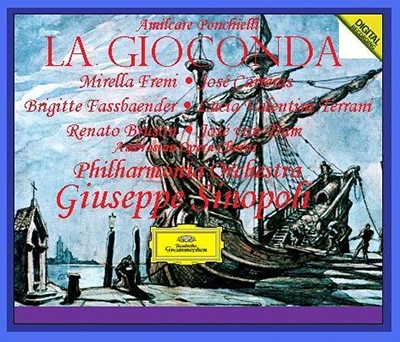
Mercifully, I could not find this recording!
For good reason, I have not included the 2022 La Scala Gioconda video with Saioa Hernandez who has been singing the role all over Europe. She sort of looks like Tebaldi and is as loud as Tebaldi and any other comparison ceases there. But who else is there? Do we not do the opera because there is no one left to perform it properly? Nevertheless, the future doesn’t really seem too grim. We know that Anna Netrebko in her role debut and Jonas Kaufmann performed it recently in Salzburg. I have very positive feelings about that. It’s rumored on Met Futures that a new production will be done for Sondra Radvanovsky and Piotr Beczala with Nézet-Séguin conducting. And Aleksandra Kurzak just announced in the last Opera magazine that she has it on her schedule. The prima of the Salzburg Gioconda’s was on March 23rd. To the best of my knowledge, it was not broadcast but I have read somewhere that that performance will be broadcast on April 6th.
So, the “Andys” go to…
Best La Gioconda recording: Studio recording – The Tebaldi/Gardelli/Decca. Best Live recording: The Naples with Tebaldi. Runners-up: ’53 Met with Milanov, ’52 with Callas (everyone else will say the ’59), and ’62 Met with Farrell/Corelli (which is also the best Corelli performance).
Best Video: The San Francisco with Scotto vs. Pavarotti.
Best Gioconda: Well duh… Tebaldi. See above! However, Milanov, Farrell, and Callas follow closely.
Best Laura: Cossotto, Rise Stevens for drama.
Best La Cieca: Oralia Dominguez (Decca 3)
Best Enzo: Unquestionably Corelli (best Corelli: Farrell/Met ’62; with Tebaldi – Philadelphia or Atlanta); runners-up: Tucker/Met ’59, Martinelli/Met ’39, Pavarotti S.F.). Worst: famously Poggi.
Best Barnaba: Tie: Bastianini, Milnes, Paskalis, Morelli, Merrill (except on the Decca), Warren ’55.
Best Alvise: Moscona (I think – murky sound), Siepi. ‘Blackist’ sound: Neri (on Callas ’52).
Best Conductor: Panizza (again I think – murky sound), Gardelli/Decca.
Dream Cast (historic): Tebaldi & Corelli (duh!), Simionato, Schumann-Heink, Bastianini, Siepi; Panizza (a cast that could easily have been assembled anytime during the late-50s-mid-60s other than the obvious. I don’t think Ernestine S-H ever even performed La Cieca but I’m sure she would have been ideal. Otherwise Ewa Podles.
or Destinn, Homer, Caruso, Amato, De Segurola or Ponselle, Gigli, De Luca, Pinza; Serafin
Dream Cast (present day): Netrebko, Garanca, ?, Kaufmann or Tetelmann, Tézier, Abdrazakov; Pappano
alternate: Radvanovsky, Rachvelishvili (if she’s recovered), ?, Kaufmann or Tetelman or, based on the recent Turandot, SeokJong Baek, Amartuvshin Enkhbat; Chailly. Obviously, casting La Cieca is a problem (not an Italian in sight other than the conductors).
Just my opinion…
~Andy
ADDENDUM: (5/6/24)
Just when I thought I was out, they pull me back in … or something like that. Not sure anyone will get to read this, but I feel obligated to update.
I begrudgingly listened to the Sirius broadcast of the Marton version (Met 2/12/83) that was on last week … and then I called everyone I know to tell them that they MUST listen when it was on again (Sunday). Begrudgingly, I admit, because I was so negative about the Marton recording mentioned and dismissed above. The overall, whole of this Met performance I have to say makes it almost The Best Gioconda, or close to it. Everyone was superlative – except perhaps Cornell MacNeil who simply could not find a pitch. The only thing that keeps Marton from being in the same company as Zinka, Maria, or Renata is that it just isn’t a beautiful sound; the “Enzo adorato” was unpleasant and the personality unsympathetic. She was like someone I would not want to know. Real tough. This Gioconda would definitely have stabbed Barnaba before stabbing herself. Regardless, it was major singing and acting. In fact, she sang the role better than the those three great divas just not with their voices; she’s on a par with Eileen Farrell but with chest – again without the beauty of voice. Domingo was at his best. Huge ovation for his “Cielo.” In fact, it’s not till that point does the performance really come alive. Mignon Dunn, Patricia Payne (in her last Met performance), and Feruccio Furlanetto and the conducting (Giuseppe Patané) were equally excellent. This performance now moves into the Best Recordings category.
I just got Met On Demand and I’m very annoyed that this performance is not on there. Nor is the Scotto.
Meanwhile, depending on which review you read, the Salzburg production with Netrebko, Kaufmann, and Salsi was disappointing. A month later, Trebs & Jonas repeated it along with Tézier and from all reports, all were magnificent. The audio has just shown up online and I’m about to listen to it.
Warning, the sound is poor.
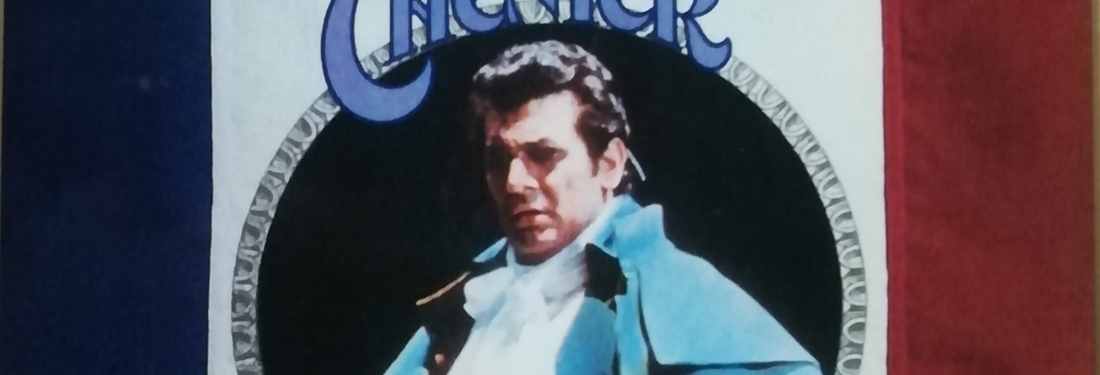
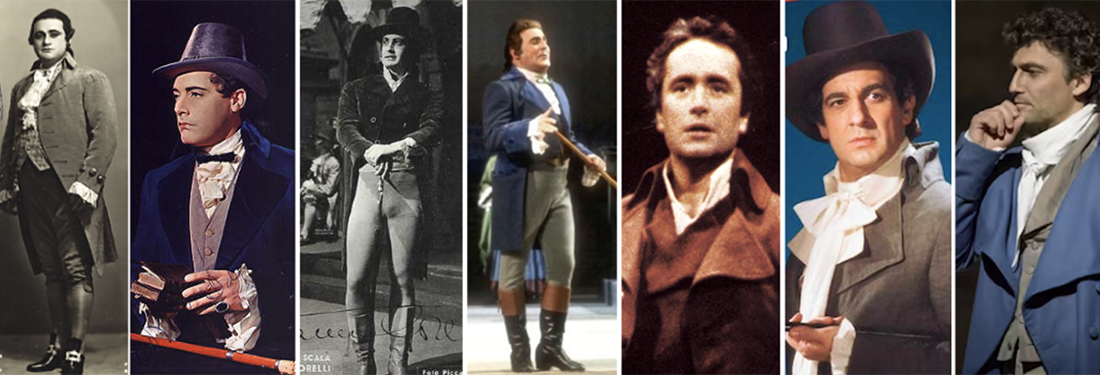
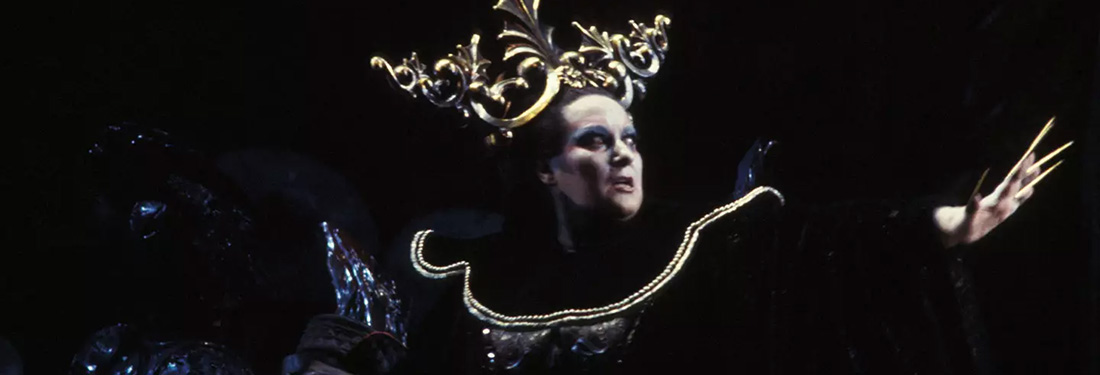
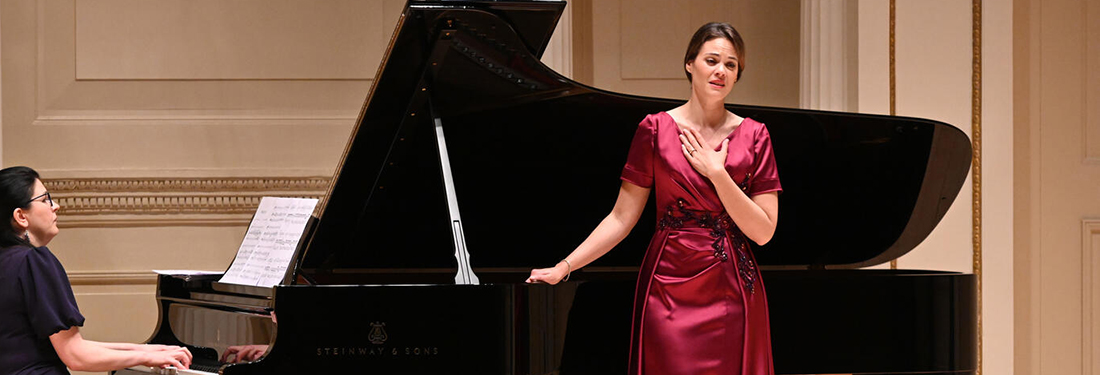
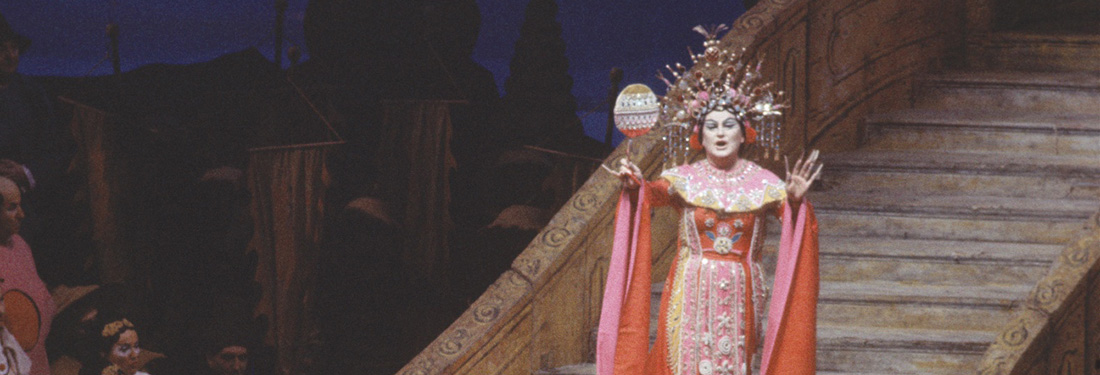
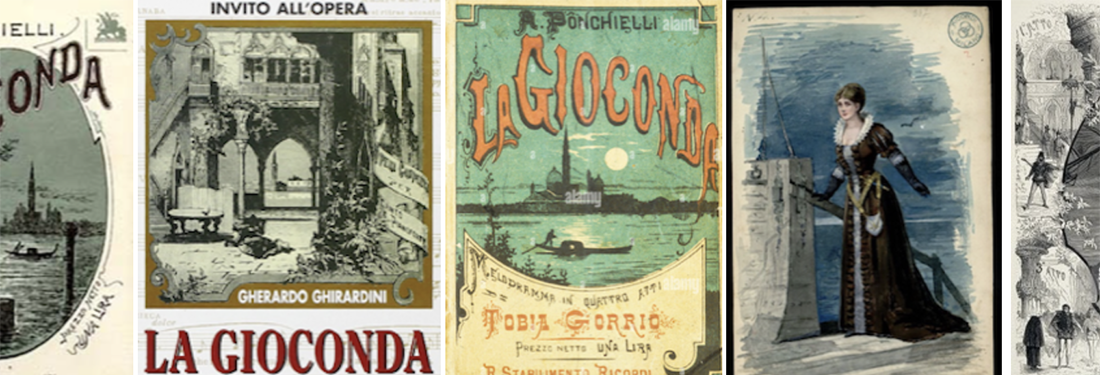
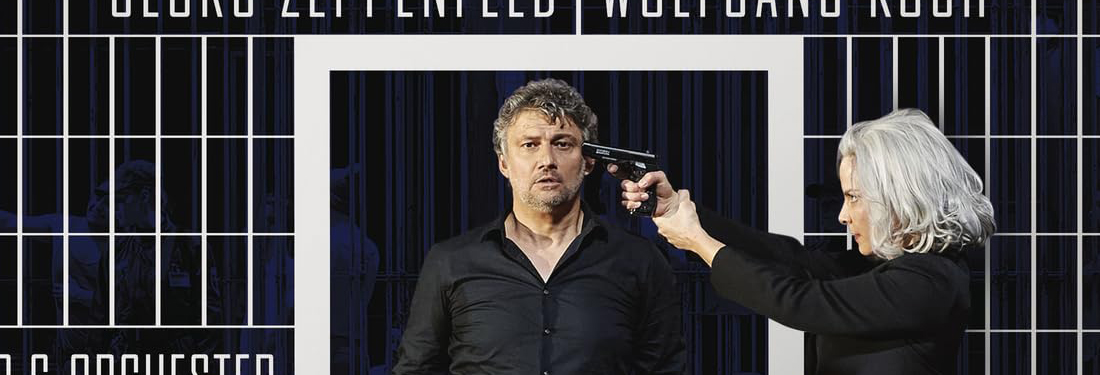
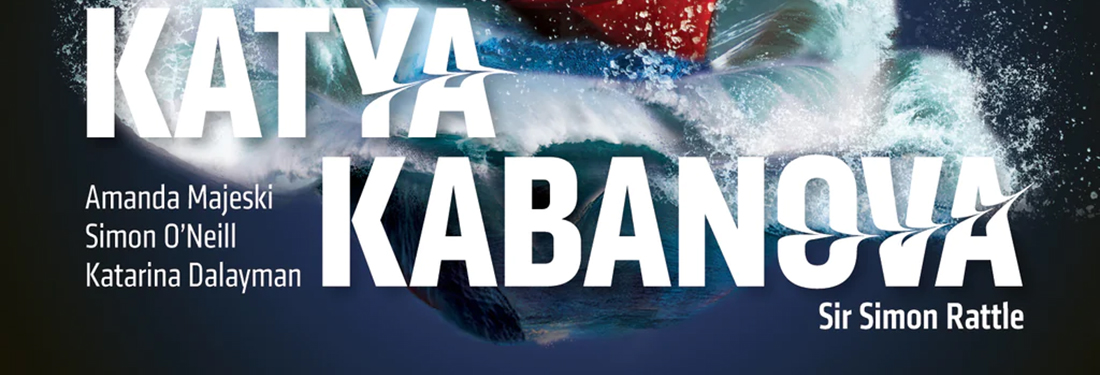
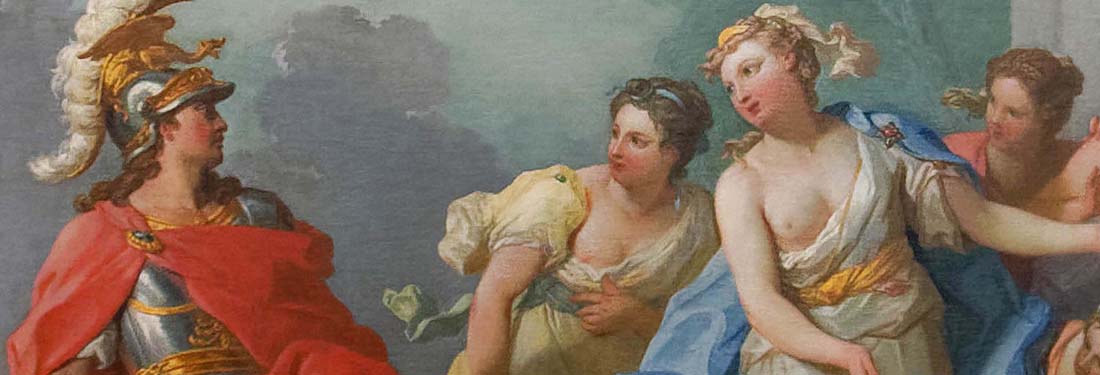
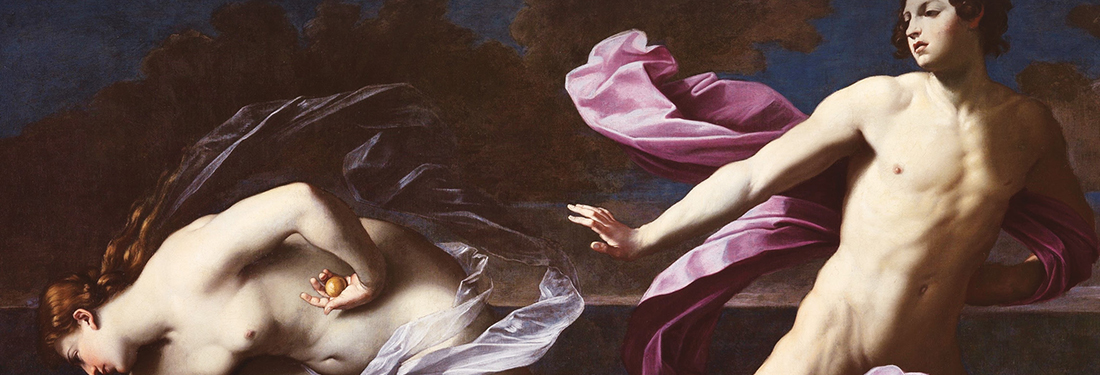
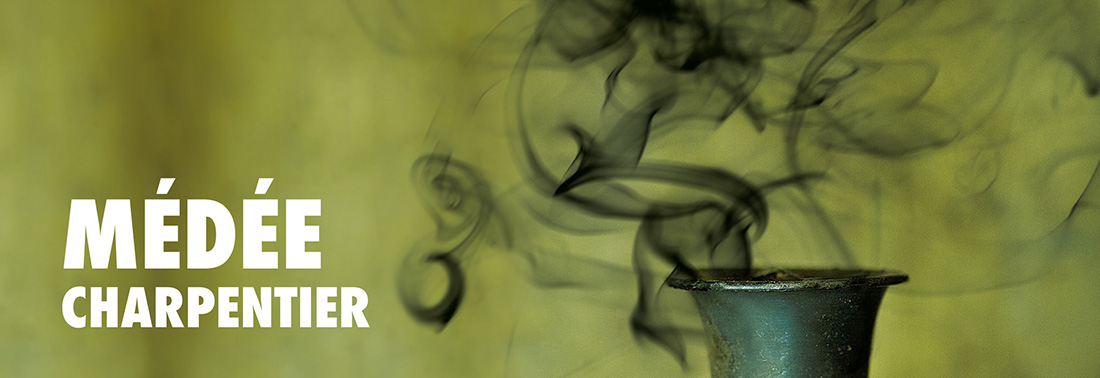
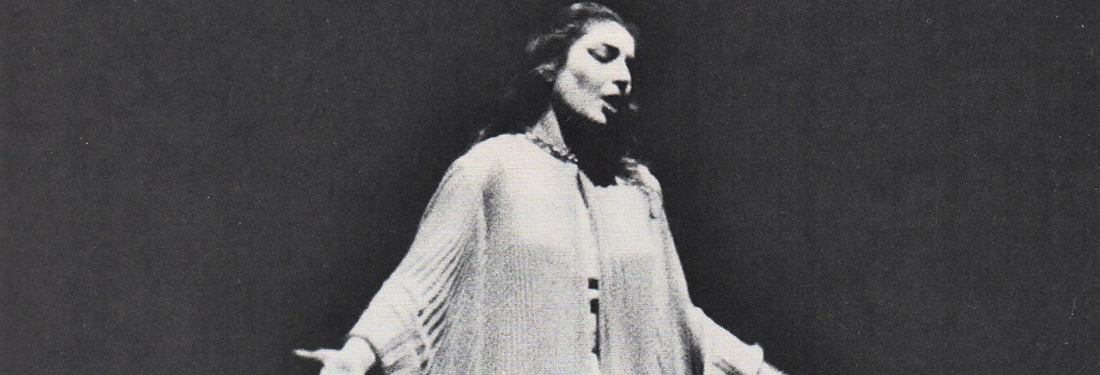
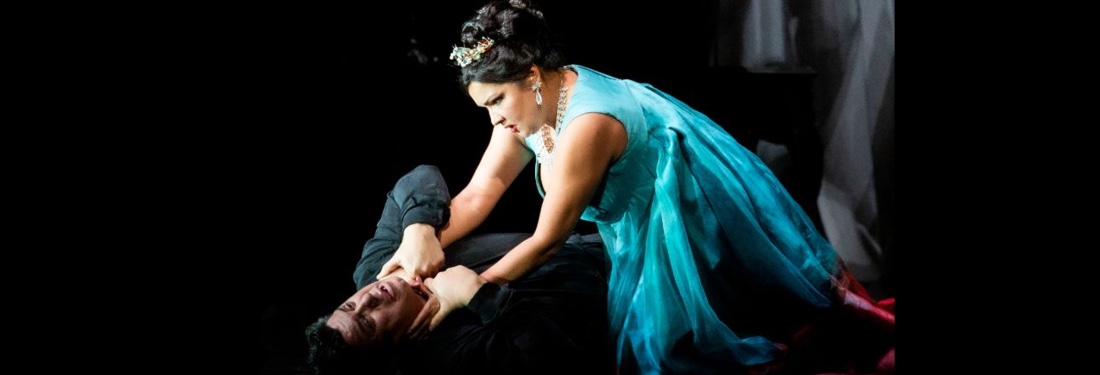

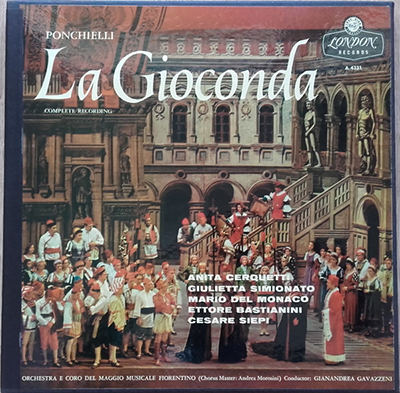
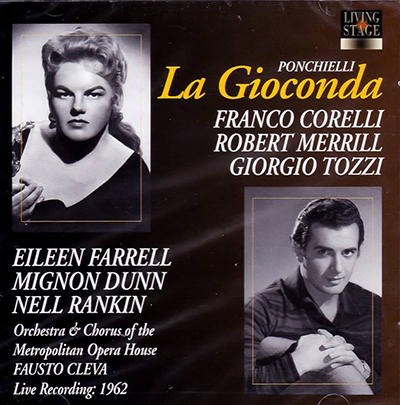
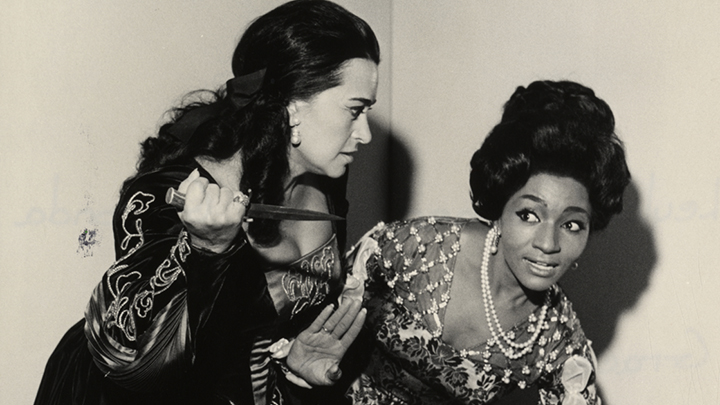
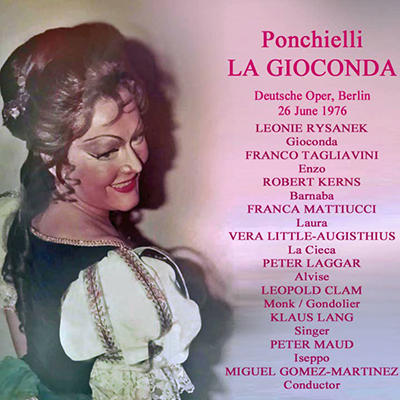
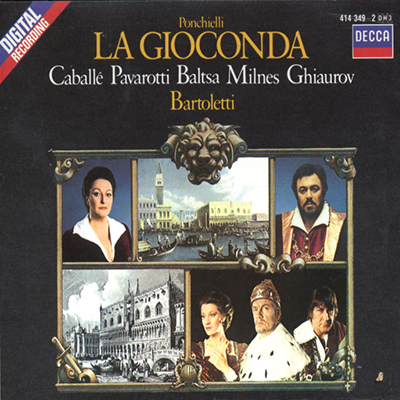

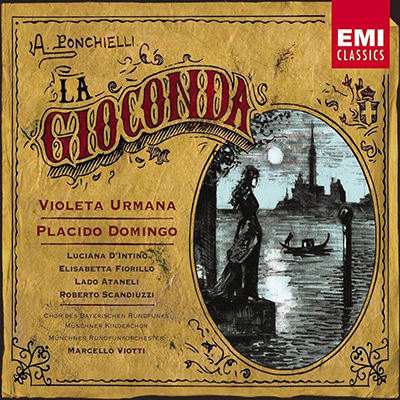






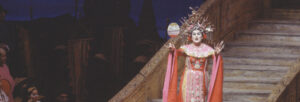
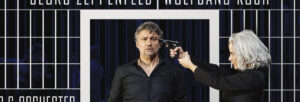



Comments